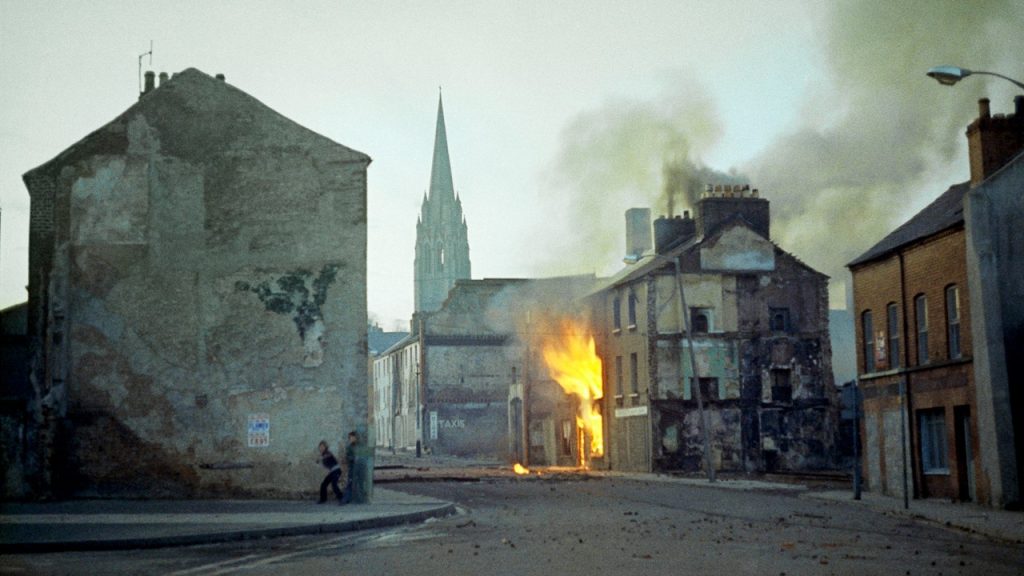Fifteen British soldiers accused of lying in an inquiry regarding Bloody Sunday will not face perjury charges, prosecutors announced on Friday. Bloody Sunday was one of the deadliest days of the Troubles, a long-standing conflict in Northern Ireland. Thirteen civilians were killed by members of the British Parachute Regiment in Derry. The families of the victims expressed outrage at the decision, with John Kelly, whose brother was among the deceased, calling it an affront to the rule of law.
The Public Prosecution Service stated that there was insufficient evidence to convict the soldiers or a former alleged IRA member about their testimony in the inquiry into the 1972 killings. An initial investigation found that the soldiers were defending themselves from an IRA mob, but a 12-year inquiry concluded in 2010 that the soldiers had unjustifiably opened fire on unarmed civilians. While only one ex-paratrooper, Soldier F, is facing prosecution for two murders and five attempted murders, the families of the victims are seeking justice for the past carnage.
Although the Good Friday peace accord in 1998 largely ended the violence between Irish republican and British loyalist militants and U.K. soldiers, the Troubles still have long-lasting effects in Northern Ireland. Over 3,600 people were killed during the conflict, and some are still seeking justice for the crimes that were committed. The possibility of criminal prosecution may soon disappear due to a proposed Legacy and Reconciliation Bill that would grant immunity from prosecution for most offenses committed by militant groups and British soldiers.
Attorney Ciaran Shiels, who represents some of the Bloody Sunday families, stated that the decision not to prosecute the soldiers is regrettable, especially considering the findings of the 12-year inquiry. He emphasized the morally bankrupt nature of the proposed legacy legislation that aims to allow British Army veterans to escape justice for criminal actions in Northern Ireland. While the British government is appealing a court ruling that found the bill did not comply with human rights law, the families are exploring further legal avenues to seek justice.
Senior Public Prosecutor John O’Neill explained that the decision not to bring criminal charges was based on multiple factors. The accounts given by soldiers in 1972 were not admissible as evidence, much of the inquiry’s evidence is no longer available, and the inquiry’s conclusion that testimony was false did not always meet the criminal standard of proof. O’Neill clarified that the decision not to prosecute does not undermine the inquiry’s findings that those killed or injured on Bloody Sunday were not posing a threat to the soldiers.
The families of the victims have expressed their disappointment at the decision not to prosecute the soldiers for perjury. They continue to seek justice for the events of Bloody Sunday and are exploring legal options to hold the individuals involved accountable for their actions. Despite the passage of time since the Bloody Sunday massacre and the end of the Troubles, the impact of the conflict still lingers in Northern Ireland, and the quest for justice remains an ongoing battle for the affected families and communities.


